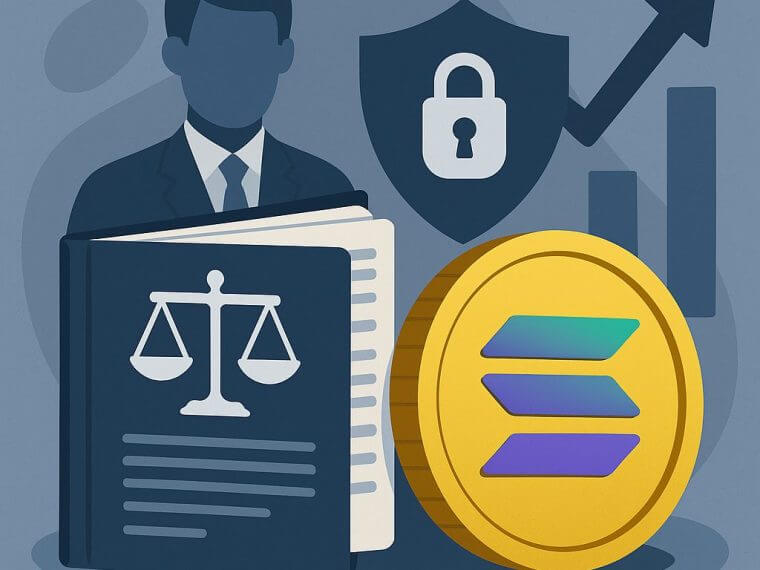Citi teams up with EU lenders on MiCA-compliant euro stablecoin
Citigroup will join a group of nine European banking and lending institutions for a regulated Euro-based stablecoin. The bank will participate as part of its general effort to broaden blockchain usage.
Citigroup will join a consortium of nine European banks and lenders in a bid to launch a regulated Euro-based stablecoin. Citigroup expands its presence as part of its blockchain growth efforts, stated a Citi spokesperson for Bloomberg.
As Cryptopolitan previously reported, the drive to boost crypto regulations led European banks to explore the creation of a native stablecoin.
The list of banks includes ING Group, UniCredit, and DeKa Bank. Other supporters include Banca Sella, KBC Group NV, Danske Bank, Seb AB, CaixaBank SA, and Raiffeisen Bank International AG. The group’s goal is managed by a newly created business entity in the Netherlands, with the goal of creating the token in the second half of 2026.
Citigroup will be the only non-European bank to join the effort. The aim is to challenge the US-dominated stablecoin market, which is practically dollarized. The new asset will be MiCA-compliant and will further boost the mainstream adoption of on-chain technologies and digital assets.
Citigroup also participates in a group of banks including Goldman Sachs and Bank of America, also exploring various forms of digital money. Earlier this week, Citi’s venture capital arm invested in stablecoin infrastructure company BVNK.
Euro stablecoin usage remains low
While the Euro has been tokenized by multiple issuers, especially Circle, those tokens have a relatively low supply and limited usage. In total, all EUR-based stablecoins have a market cap of around $561M, with about half the value locked in Circle’s EURC.
The supply of Euro-based stablecoins is relatively low compared to dollarized assets, which now exceed $300B. Demand for stablecoin payments is growing, as estimates see up to $50T in annual payments passing through stablecoins by 2030.
As of 2025, stablecoins capture around 1% of consumer spending, expected to grow as high as 25% if the assets are regulated and adopted. New regulations in the USA and Europe have not killed stablecoins, and have created growth as there are clearer rules on issuance. Stablecoin issuers are also creating demand for US T-bills, a cash-like asset used as collateral.
EURC still grows on DeFi integration
EURC tokens showed significant organic growth in the past year, up to over 260M tokens. The main use cases of stablecoins are for trading on centralized markets, as well as for DeFi purposes. EURC has participated in various DeFi apps, including yield and lending pools.
EURC was recently integrated with Stellar, another network used for a crossover between traditional and on-chain finance. The token was among the fastest-growing stablecoins in the past week.
The shift to Euro-based tokens was also tied to the recent weakness in the dollar position, using EURC as chain-based exposure to the stronger currency. The inflow of funds into EURC reflects the overall strong position of Europe as a crypto adoption hub.
Get seen where it counts. Advertise in Cryptopolitan Research and reach crypto’s sharpest investors and builders.
You May Also Like

FCA komt in 2026 met aangepaste cryptoregels voor Britse markt

Health Insurers To Cover Covid Vaccines Despite RFK, Jr. Moves

